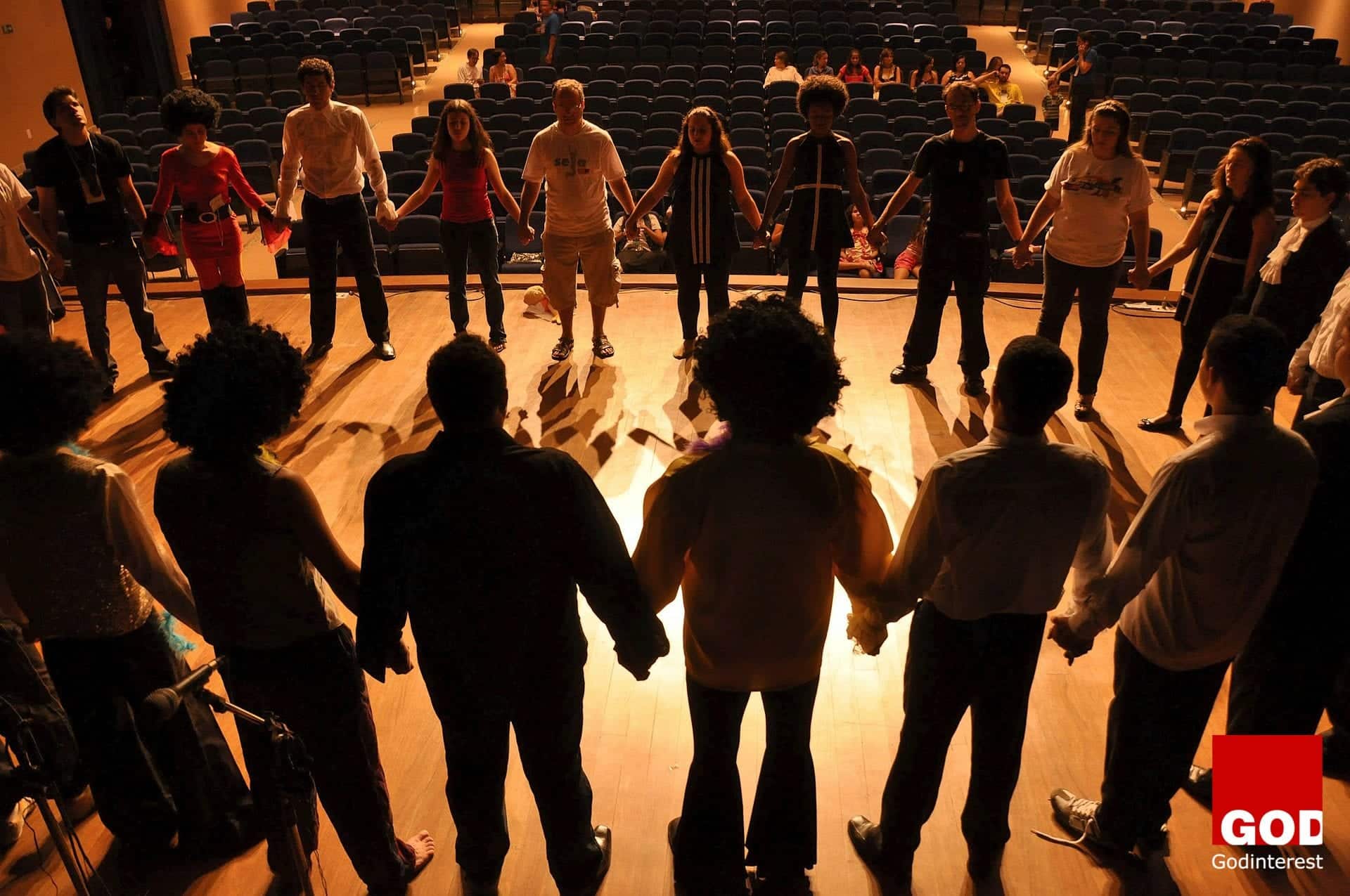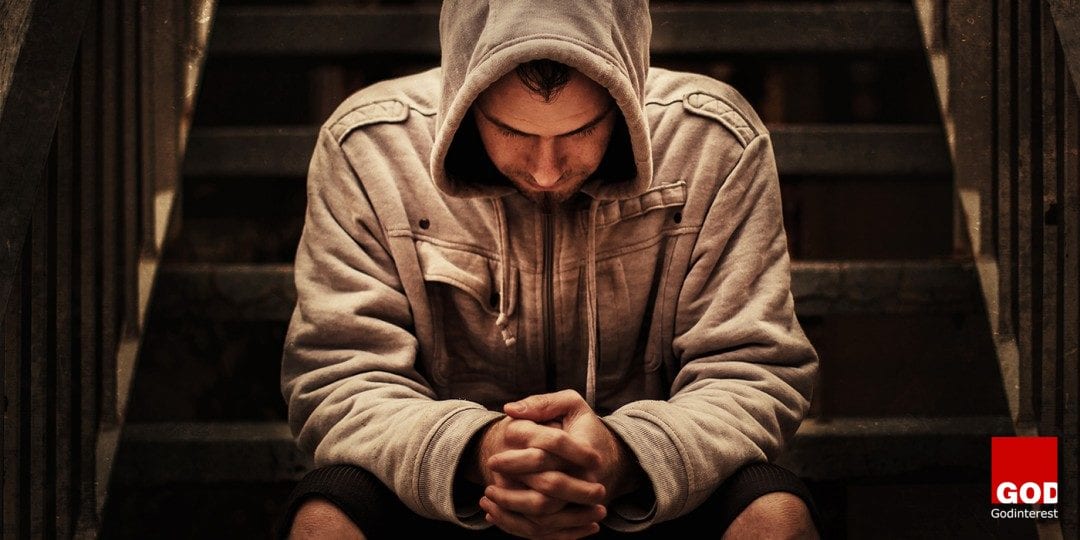If you’ve been around Christian circles lately, chances are you’ve heard about the Enneagram (pronounced any-uh-gram). You may have been asked, “Hey, what’s your number?” Or maybe you’ve been typed by someone, and they’ve exclaimed, “Ugh, you’re such a 3!”
While dozens are flocking to the Enneagram, others are wondering, isn’t it just like every other personality test? Our culture is obsessed with BuzzFeed articles, personality tests, and Meyers-Brigg letters. Amidst this culture of quizzes and profiles, the Enneagram is often dismissed as “Just another personality test.” While many personality tests provide surface-level results that often aren’t worth our time, the Enneagram has a much deeper value. When used appropriately, the Enneagram can be used as a tool for tremendous spiritual growth.
So, what exactly is the Enneagram? It’s an ancient personality typing system with 9 different core types, designated with the numbers 1-9. Each type has a different set of nuances and variations as well. Here are the 9 types:
Type 1 – The Reformer
Type 2 – The Helper
Type 3 – The Achiever
Type 4 – The Individualist
Type 5 – The Investigator
Type 6 – The Loyalist
Type 7 – The Enthusiast
Type 8 – The Challenger
Type 9 – The Peacemaker
What’s different about the Enneagram is that it doesn’t focus as much on what you do, but rather, what drives you. So, for example, Type 1’s are driven by a desire to be good, and Type 2’s are driven by a desire to feel loved. What the Enneagram does so powerfully is shone a light on the motivations that drive us, that we are oftentimes unaware of.
In his book The Road Back to You, Ian Cron explains how each type is often drawn to particular sin patterns. For example, Type 5’s are drawn to greed, while Type 4’s are drawn to envy. By developing an awareness of our inclinations and motivations, we are able to intentionally take steps towards Jesus and the life He is calling us to. Psalm 119:59 echoes this truth. It says, “I have considered my ways and have turned my steps to your statutes.” In addition, Lamentations 3:40 says, “Let us examine our ways and test them, and let us return to the Lord.”
While some can use the Enneagram as a means of self-help and self-absorption, it can be a helpful tool when kept in its rightful place. The Enneagram was made by man, therefore it has flaws. Scripture is the only place we can go for unchanging absolute Truth. We must keep this in mind with every book, podcast, personality test, and sermon that we listen to or read. Everything should be viewed through the lens of Scripture, and if it does not agree with Scripture, then it is incorrect.
While not every book or teaching on the Enneagram is biblically accurate, there are several resources that provide tremendous help in spiritual growth based on your number. My caution is to hold up every resource to Scripture, understand that there is a nuance to the Enneagram and it is simply a guideline, and to use the Enneagram as a tool to grow closer to Jesus. If you are using the Enneagram and instead feel as though you are walking away from the truth of Scripture, I would urge you to stop or find a Biblical counselor to walk through the Enneagram with you.
So if you haven’t explored the Enneagram, I highly encourage you to do so! It’s very eye-opening and can be used as a great tool for spiritual formation. There are Enneagram tests online, but the results can vary based on how you answer different questions, which can be affected by your mood or any number of things. In my opinion, a better way to determine your type is to read through the type descriptions on The Enneagram Institute’s website. After reading through the types, you will most likely have a really good idea of which type you are. After discovering your type, continue to investigate your type. Use what you learn to walk closer to Jesus, falling hard on His grace, and continuing to be renewed in Him.


















